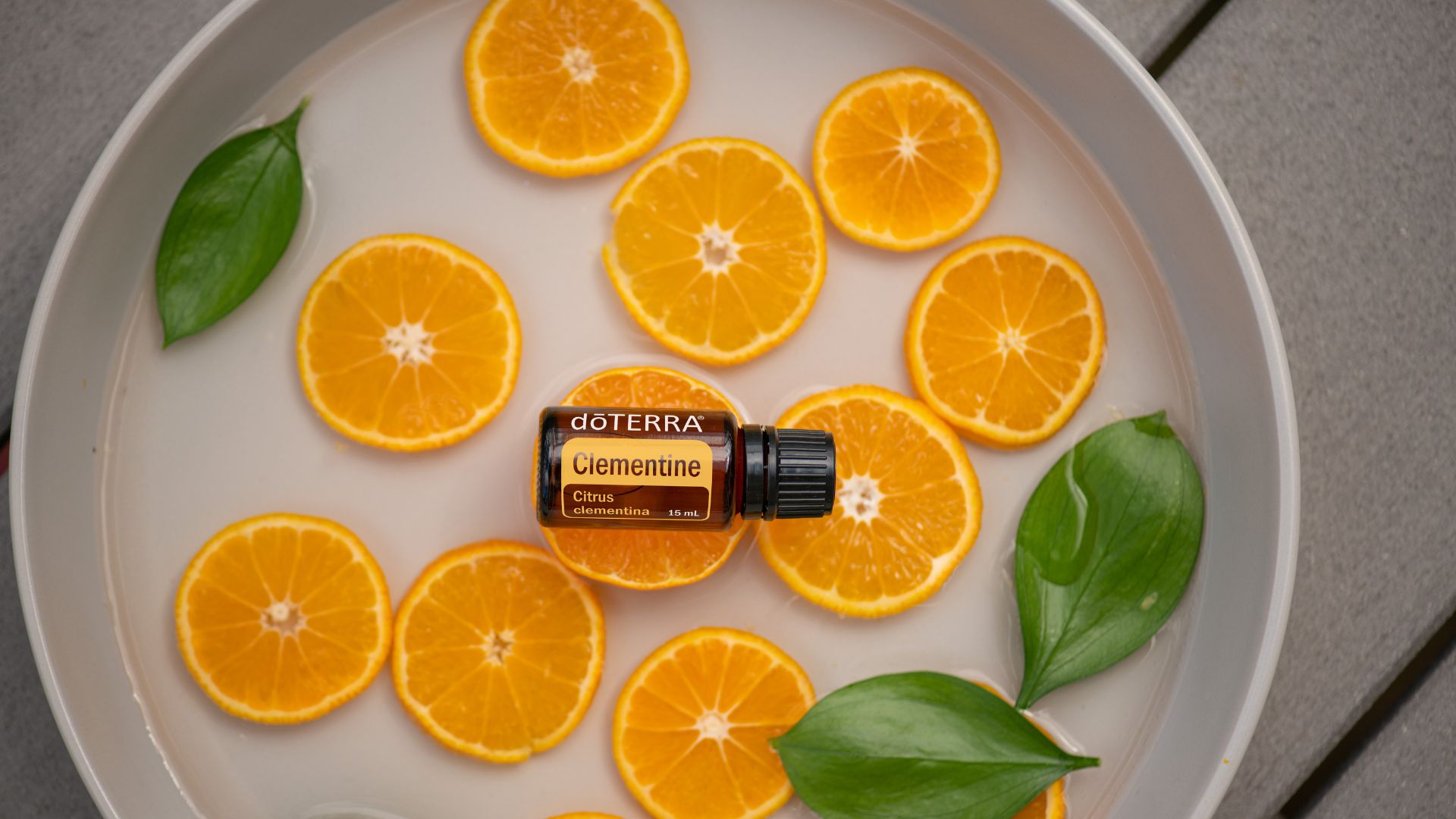Seasonal allergy is a condition that affects millions of people around the world every year, causing symptoms ranging from mild discomfort to serious disruptions in daily life. In recent years, more and more people are turning to natural remedies to alleviate these symptoms and strengthen immunity without using traditional medical drugs, which can have side effects.
Seasonal allergy, also known as allergic rhinitis or “hay fever,” occurs when the immune system reacts to airborne allergens such as plant pollen. This condition leads to symptoms such as nasal congestion, sneezing, itching, and watery eyes. Seasonal allergies can significantly impact quality of life, causing fatigue and decreased productivity.
The main causes of allergies are plant pollen, dust mites, domestic animals (especially their dander), certain foods, medications, insect bites, and mold. Different allergens can trigger various reactions, from mild to severe. Particularly dangerous is anaphylaxis—a severe, potentially life-threatening allergic reaction that requires immediate medical intervention.
Symptoms of seasonal allergy can vary and include nasal congestion, sneezing, coughing, itching, and watery eyes, skin rashes, and swelling. In some cases, allergies can cause breathing problems, which is particularly dangerous for people with asthma.
To reduce exposure to allergens, it is recommended to stay indoors on dry, windy days, especially after rain, which helps clear the air of pollen. It’s important to avoid gardening work that can stir up allergens, remove clothing after returning home, and take a shower to wash off pollen from skin and hair. Also, it is advised not to dry laundry outside where it can collect pollen and to use a mask when performing outdoor work.
To control indoor air quality, use air conditioners in your home and car, high-efficiency filters, and regularly service heating and air conditioning systems. Maintaining dry air indoors with a dehumidifier and cleaning floors using a vacuum cleaner with a HEPA filter can also help.
If you have symptoms that do not improve with over-the-counter medicines, consult a doctor. In the case of severe allergic reactions, such as anaphylaxis, immediate medical help is required. Additionally, if you have had severe allergic reactions in the past, you may be advised to carry a medical bracelet (Auvi-Q, EpiPen, etc.). After an epinephrine injection, it is crucial to immediately seek emergency medical care to ensure symptoms do not return after the injection’s effects wear off.
If you have had severe allergic reactions or any symptoms of anaphylaxis in the past, you should make an appointment with a doctor. Assessment, diagnosis, and long-term management of anaphylaxis can be complex, so you may need to consult with an allergy and immunology specialist.
Supporting the Immune System
Strengthening the immune system plays a key role in fighting allergies. Consuming products rich in vitamins C and D, as well as omega-3 fatty acids, can significantly contribute to strengthening immunity. Important foods here include citrus fruits, such as oranges and lemons, and fatty fish, such as salmon. Antioxidants found in products like berries, carrots, and spinach can reduce inflammatory processes in the body and strengthen the immune system.
Herbal Supplements and Their Role
Many herbs and plants, including chamomile, nettle, and boswellia, can be used to reduce allergy symptoms due to their anti-inflammatory and antihistamine properties. It is important to approach the use of herbal supplements responsibly and consult a doctor before taking them, especially if you are already using other medications.
Dietary Adjustments
Changes in diet can have a significant impact on allergy symptoms. Foods rich in quercetin, such as apples and red onions, can reduce histamine release. On the other hand, consumption of inflammation-inducing foods, such as processed and sugary products, should be limited. The diet should include more anti-inflammatory products, such as olive oil and berries.
Lifestyle Modifications
Simple lifestyle changes can significantly ease allergy symptoms. Regular cleaning of the home and using air purifiers can help reduce the number of allergens in your environment. Limiting time spent outdoors during periods of high pollen concentration, maintaining a healthy sleep routine, and regular physical exercise also play an important role in strengthening the immune system and improving overall health.
Alternative Methods for Relieving Symptoms
Alternative methods for relieving allergy symptoms may include using aromatherapy with essential oils, relaxation practices, meditation, and acupuncture.
Essential oils, such as lavender, mint, lemon, and eucalyptus, are known for their anti-inflammatory, antibacterial, and antiseptic properties. They can help reduce allergy symptoms such as nasal congestion, sneezing, and eye itching. For example, diffusing lavender oil in your living space can help reduce inflammation and discomfort caused by allergens, as well as promote relaxation and improve sleep quality. Lemongrass oil can help reduce inflammatory processes in the respiratory tract and reduce the allergic reaction due to its anti-allergic and anti-inflammatory properties.
Meditation and relaxation techniques can help reduce stress and tension, which can exacerbate allergic reactions. Regular relaxation exercises can improve overall well-being and help the body cope more effectively with allergens.
Acupuncture, an ancient treatment method, can also be effective in alleviating allergy symptoms. It helps reduce inflammation and improve the body’s immune response.
When using essential oils, it is important to follow instructions and apply them cautiously, especially if you are new to aromatherapy. Always dilute essential oils before applying to the skin and avoid direct contact with eyes and mucous membranes. Before starting new methods or products, it is recommended to consult with a doctor, especially if you have chronic diseases or are pregnant.
More about this can be read here: Healthline, Dr. Axe, and Loving Essential Oils.
Integrating Natural Remedies into the Overall Treatment Plan
Integrating natural remedies into the overall treatment plan for allergies requires a comprehensive approach and close cooperation with your doctor. Natural remedies should be considered as a complement to traditional treatment, not a replacement. They can help reduce symptoms and improve quality of life but should not cancel out the medications prescribed by your doctor, especially in the case of severe allergic reactions.
When discussing the possibility of incorporating natural remedies into your treatment plan, it is important to inform your doctor about all the supplements and medications you are taking to avoid unwanted interactions and side effects. Additionally, discuss any changes in diet or lifestyle you plan to make for better allergy control.
For example, improving nutrition can strengthen the immune system and help the body cope with allergens. Foods rich in probiotics, such as kefir, sauerkraut, kimchi, and yogurt, support gut health, which in turn can help reduce allergic reactions. It is also recommended to enrich your diet with foods high in vitamin D and omega-3 fatty acids.
In addition to dietary changes, consider using methods such as acupuncture, which can help reduce allergy symptoms and strengthen the immune system. Relaxation practices and meditation can also help reduce stress, which can exacerbate allergic reactions.
Remember that any changes in treatment should be under the supervision of a doctor to ensure safety and efficacy of the approach. Discuss with your treating physician all the natural methods you would like to include in your treatment plan and develop a strategy that will work best for your individual condition and lifestyle.
Natural remedies can be an effective addition to the traditional treatment of seasonal allergies. Maintaining a healthy lifestyle, sensible eating, using herbal supplements, and alternative symptom relief methods can help cope with allergies and improve the quality of life. It is important to remember that any changes in treatment should be under the observation of a doctor.








